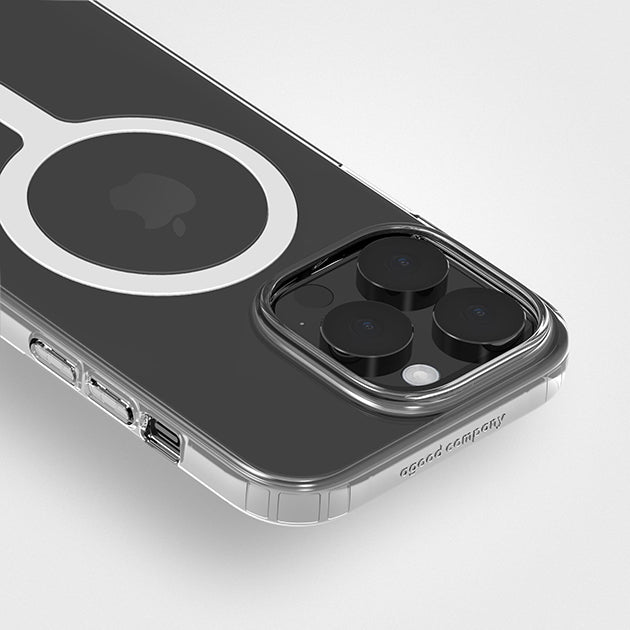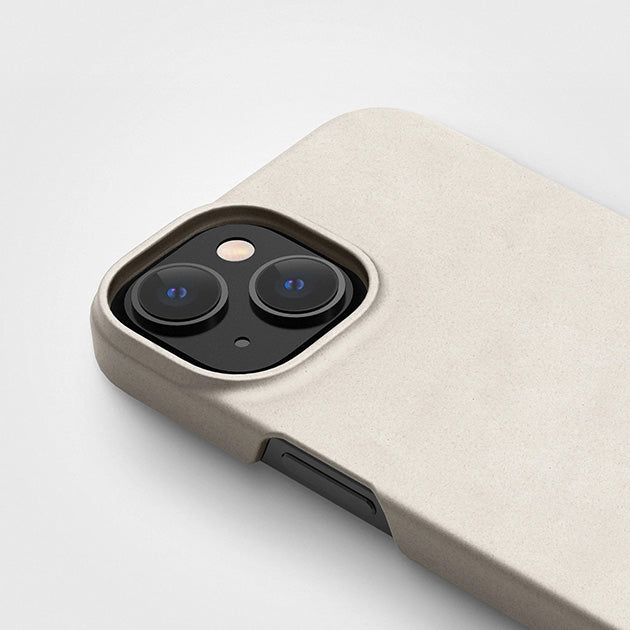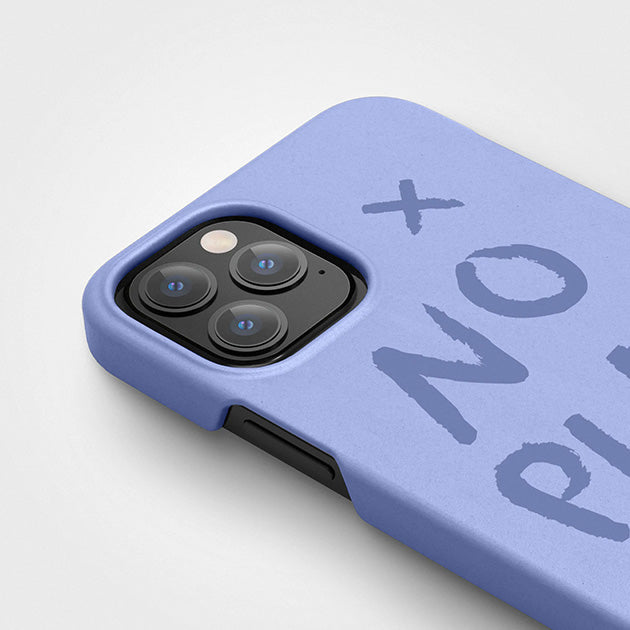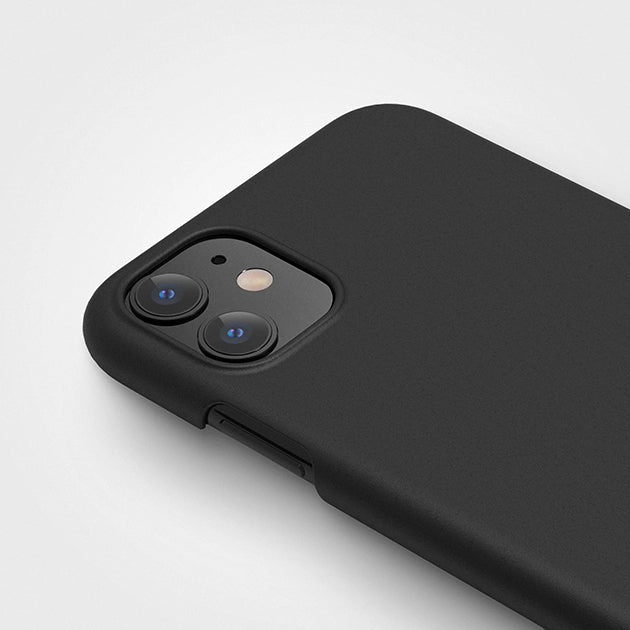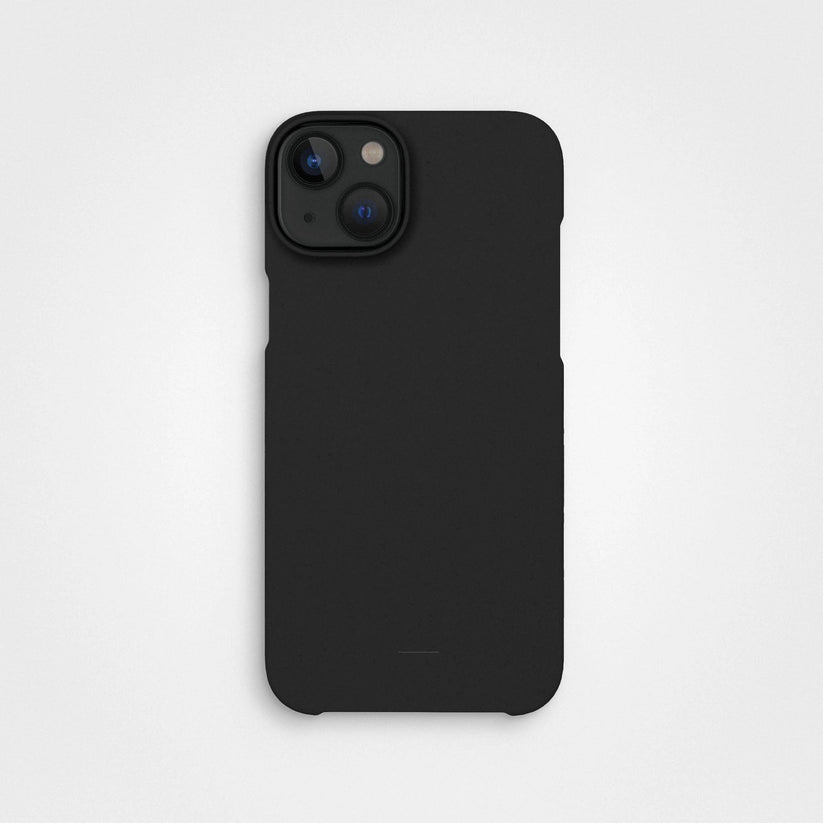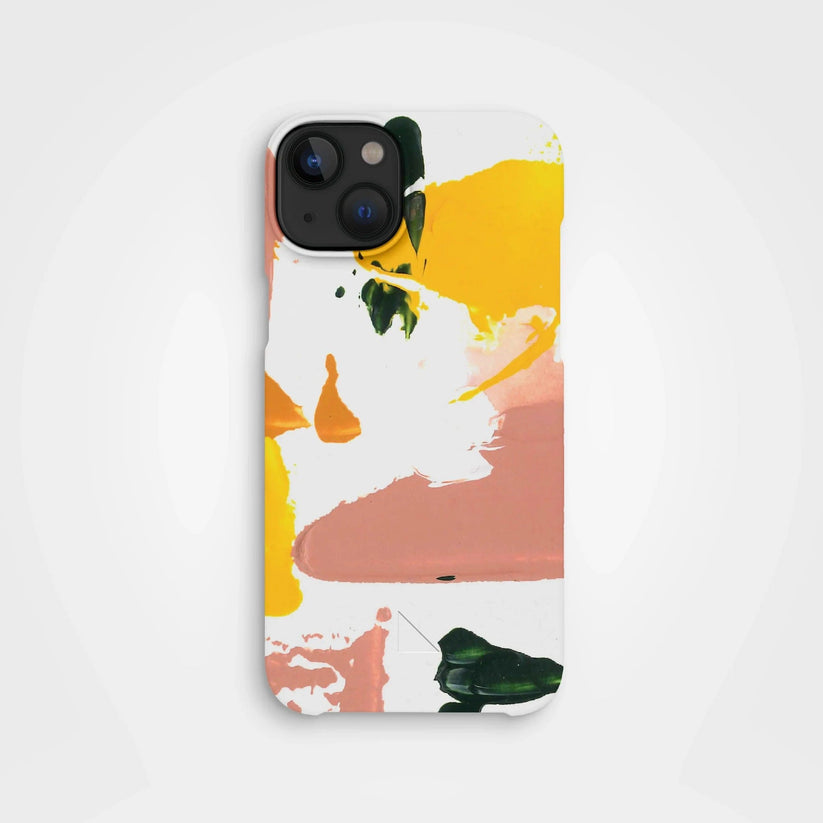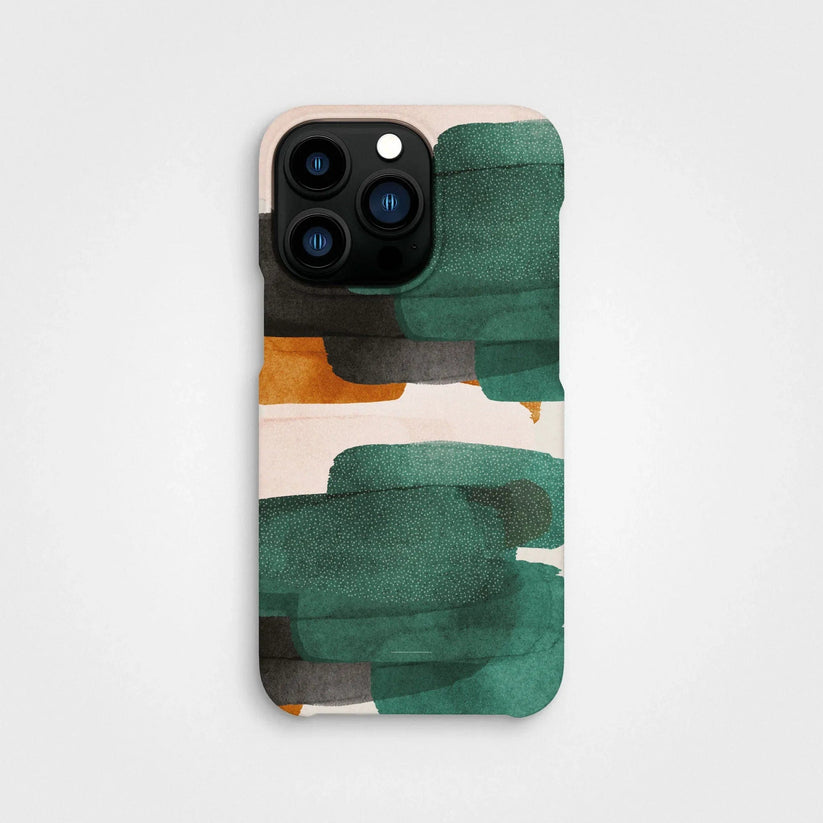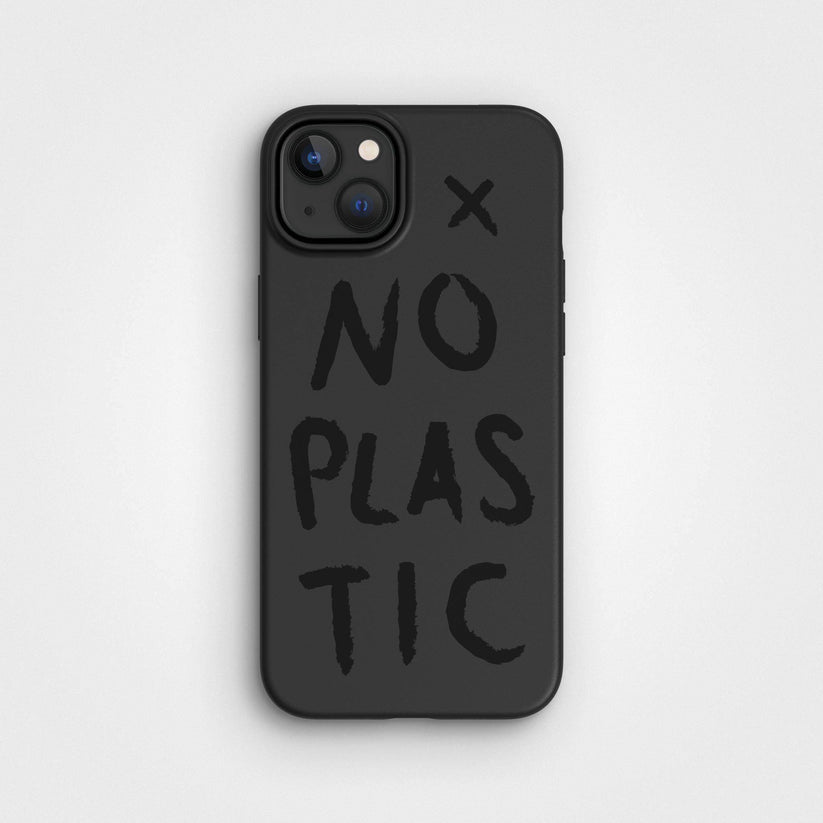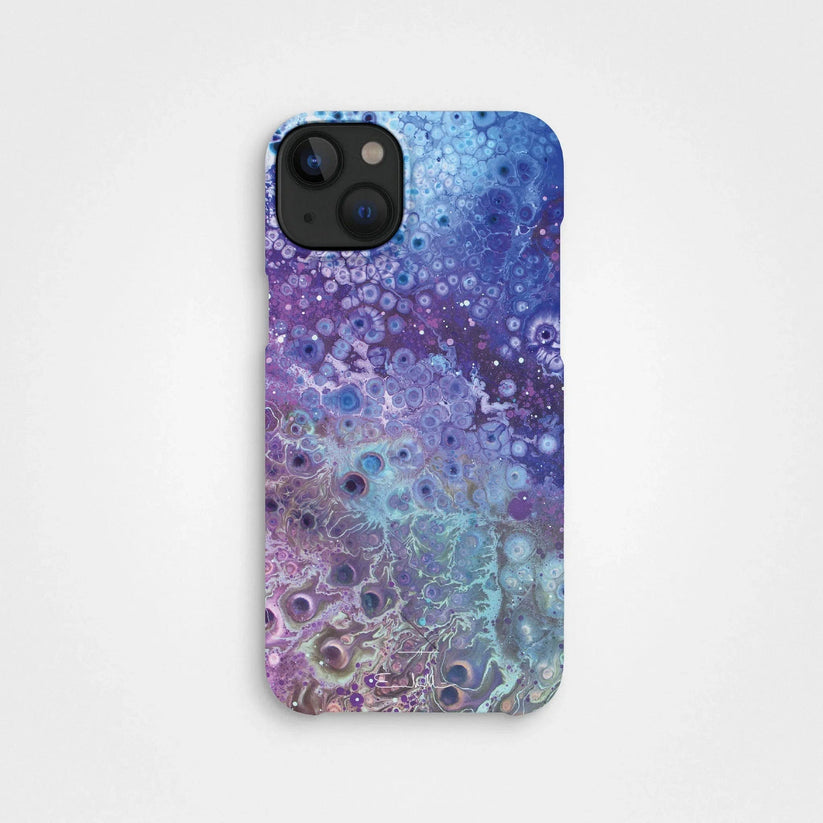agood company | Eco-Friendly iPhone Cases FAQ
Frequently Asked Questions About Our iPhone Cases Made With Plants
Our plant-based phone cases protect against drops and scratches. They are made in Sweden with an extremely low carbon footprint of just 0.102kg / CO2. We are also introducing PLNTPRTCT™, a new and upgraded design featuring 2m drop protection, curved edges and integrated buttons. Made from a blend natural materials combined with biodegradable PBAT, our biodegradable cases are ideal for anyone looking to reduce their carbon footprint.
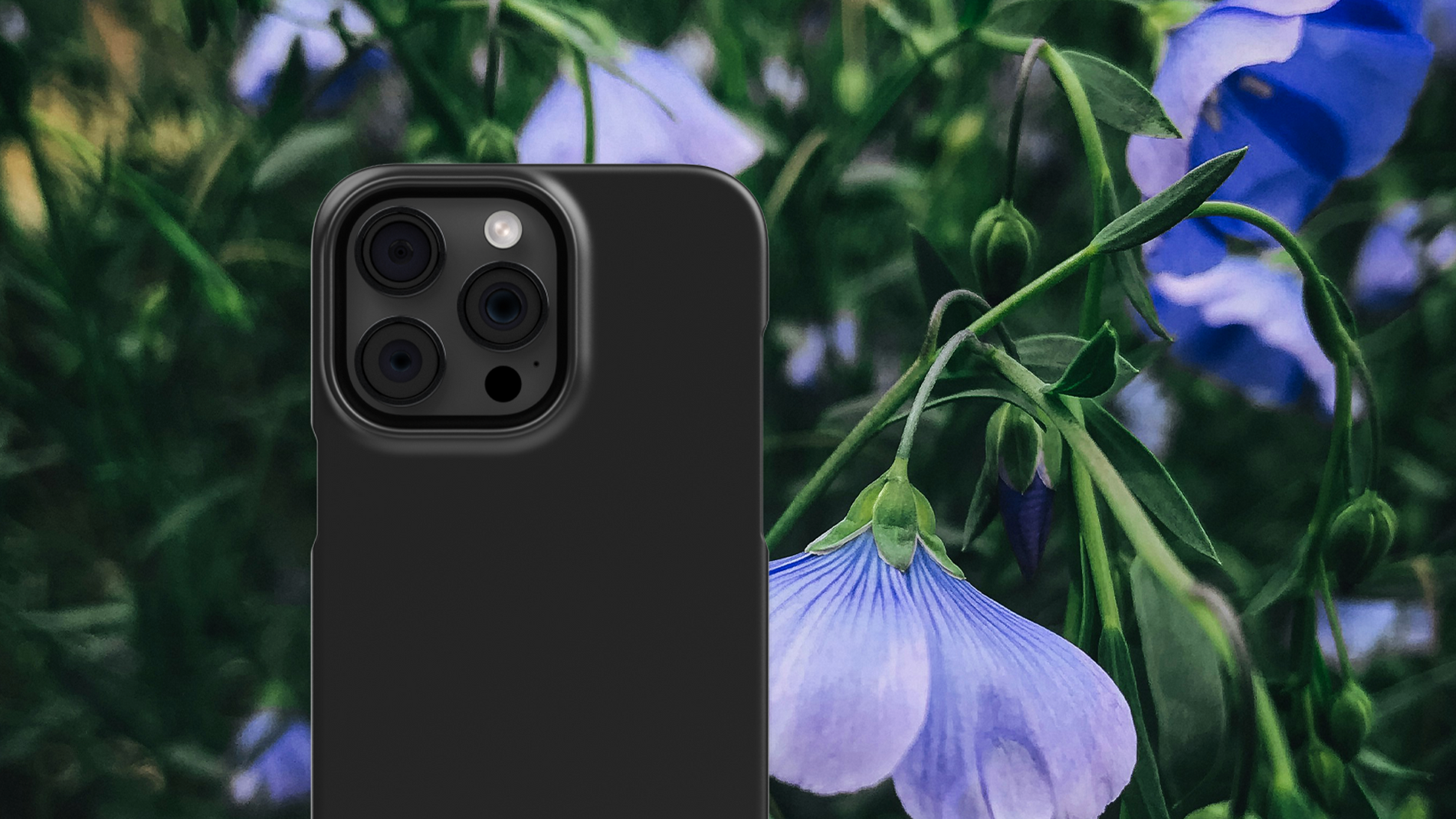
Most important questions, quick acces:
- 1. What is the difference between a traditional plastic phone case & agood phone case?
- 2. What iPhone case models do we offer?
- 3. What are the most popular iPhone cases?
- 4. Can you use one case for different iPhones?
- 5. What are agood iPhone cases made from?
- 6. What is the most eco-friendly iPhone case?
- 7. Are agood iPhone cases actually compostable?
- 8. How can agood phone case protect your phone?
- 9. How long is the delivery of agood phone case?
- 10. What can I do with my old phone case?
- 11. What is agood loop™ & how does it work?
1. What is the difference between a traditional plastic phone case & agood phone case?
The basic and most important difference is that our phone cases are made from natural biodegradable materials which are 100% circular.
This makes them way better alternative to traditional plastic cases, more environment-friendly & oriented to a more sustainable future.
2. What iPhone case models do we offer?
You can choose everything from a broad selection, we make plant-based phone cases for every model from iPhone 6 to iPhone 15 Pro Max.
You can find biodegradable phone cases for iPhone 6, 7, 8 & SE, iPhone 7 & 8 Plus, iPhone XR, iPhone X & XS, iPhone XS Max, iPhone 11, iPhone 11 Pro, iPhone 12 & 12 Pro, iPhone 12 Mini & iPhone 12 Pro Max, iPhone 13, 13 Pro, 13 Pro Max, iPhone 13 Mini, iPhone 14, 14 Pro, 14 Pro Max & iPhone 14 Plus, iPhone 15, 15 Pro, 15 Pro Max & iPhone 15 Plus.
Browse our iPhone collection
3. What are the most popular iPhone cases?
Here are some of our plant-based iPhone cases that were the most popular until now, which our customers liked the most.
4. Can you use one case for different iPhones?
Yes you can, there is a possibility to use one phone case on more than one iPhone, you just need to make sure that their dimensions are similar so that the case can fit without getting loose.
If you are interested in a detailed compatibility guides & additional info on which case can fit which iPhone model, you can check some of the following:
5. What are agood phone cases made from?
Our phone cases are made from a unique blend of biomaterials including hemp, tree-based cellulose, sugarcane, and locally sourced flax. The cases are biodegradable but we would prefer you to return them to us for recycling in our circular loop system.
Our phone cases are free from any harmful chemicals like BPA, phthalates & PVC, and have been independently tested to meet safety standards including REACH, RoHS and California Prop 65.
6. What is the most eco-friendly phone case?
Phone cases that support a circular economy are the best option. Our plant-based phone cases can be returned to us via agood loop™ and re-used to make new products, greatly reducing waste and minimising ongoing carbon impact.
Most phone cases today are made with plastic sadly, so the best option is to avoid any case with a high fossil fuel plastic content. However, if you are looking for a new clear phone case, we have a sustainable solution made from old recycled candy boxes.
7. Are agood phone cases actually compostable?
Yes, via industrial composting - we do not believe that man-made products are suitable for home composting as we cannot guarantee the time required to fully decompose. However, we much prefer you to return them to us so that we can re-grind them and use them to produce new phone cases, reducing waste to zero and limiting the need for virgin material. Check this out if you want to know more about the difference between biodegradable and compostable.
8. How can agood phone case protect your phone?
Our phone cases provide everyday protection against bumps and scratches but also have shock-absorbing qualities that can help protect your phone against everyday drops.
They are slim & light, with air bumpers for drop protection & raised edges improving your screen protection, MagSafe ring compatible for all iPhone 14 models or MagSafe ring compatible with models above iPhone 15.
And in case you’d like to increase the safety of your phone to another level you can combine it with our tempered glass screen protector which is strong, slim & super easy to apply.
9. How long is the delivery of agood phone case?
The delivery usually takes from 1 to 4 days, customisations add 2-3 business days. It is done in climate-compensated shipments to reduce the carbon footprint, shipped in FSC recycled cardboard envelopes. We ship our products worldwide & a free shipping option is available for most of the countries.
10. What can I do with my old phone case?
After years of loyal service and admiration from friends, it’s finally time to part ways with your old mobile case. It’s up to you to dispose of your phone case in the right way, so here are some ideas on what you could do with your old phone case.
Recycle your old phone case! If possible, then recycling is a great option as the raw materials used to make the case can be used to make something else. However this isn’t always possible, so the next option is to donate or sell your old case (if you have taken good care of it, of course). If you are able to, compost your old phone case and it can be returned back to nature safely.
And if you want to dispose of your old agood phone case the best way to do so is by sending it back to us through our agood loop™ program, where we will recycle it into a new case.
11. What is agood loop™ & how does it work?
We care a lot about the environment and the impact our products have on it. agood loop™ is our circular program where customers can send their old phone cases back to us. We then turn them into new cases using our circular production process, minimising waste and reducing our environmental impact.
This is an optimal solution for our customers and anyone who wants to join our fight as we aim together for a more sustainable future.


